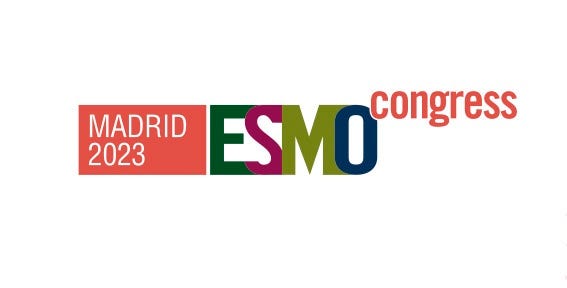ESMO 2023: BioNTech’s Cell Therapy Programs Leave Me with More Questions than Answers.
Examining early-stage clinical data from BioNTech’s two most advanced cell therapy products, presented at ESMO 2023. What is BioNTech doing in cell therapy? Should they still be in it?
Introduction
I’m back after a week off. Thank you to my loyal readers for staying engaged and coming back to join me for another edition of Big Pharma Sharma. During my time away, we have seen a steady trickle of data coming out of ESMO 2023. As always there were some winners and losers, and I may do an article next week outlining who those folks are for the broader set of data, but for this week, I wanted to double-click into some of the solid tumor cell therapy data that we saw reported at the conference by BioNTech.
I find them so peculiar and unique as a company. They’re a $20-25B market cap company that obviously rose to prominence on their efforts behind developing the COVID-19 vaccines. Solid Tumors have always been at the center of what they’ve pursued though, and they’ve taken a unique modality agnostic approach. In addition to mRNA vaccines, BioNTech has its hands in biologics (mAbs, bispecifics, and ADCs), small molecules, and (the focus of today’s post) cell therapies (CAR-T & TCR-T). This applies to all companies in this space, but Cell Therapy still has a long way to go in solid tumors. While the entire oncology field was seemingly overshadowed at ESMO by ADCs and other modalities (but mostly ADCs), cell therapy for solid tumors continues to be underwhelming overall. For BioNTech, a company that’s deeply invested in these other modalities, especially novel biologics, where they have ADC, mAb, and bsAb programs in mid-to-late-stage development, it’s surprising to me how focused, especially as of late, they have been on cell therapy. This becomes even more interesting, when you learn below that the results so far haven’t been all that great - at least in my view.




